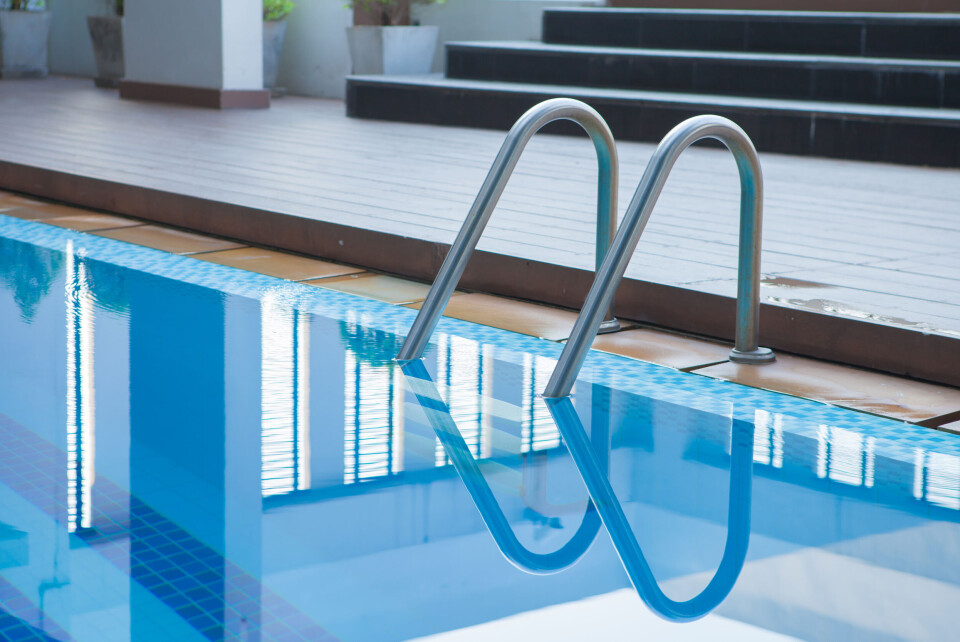-
Proposal to end 10% tax allowance for retirees in France: Key points
The idea - which has been suggested as a way to reduce the 5.8% budget deficit - is being hotly debated
-
Measures to increase tax on well-off retirees under consideration for 2026 French budget
‘Nothing is off the table’ when it comes to finding €40 billion in savings says Labour Minister
-
Paper tax forms reduced in France as more switch to online declarations
You can still request paper version for physical declaration
What approval must I get to install an indoor swimming pool in France?
When building an indoor swimming pool in France, you may need local authority authorisation depending on the size and location of the pool

Reader question: I want to build an indoor swimming pool at my house in France. Are there any rules I should be aware of?
For some people having an indoor swimming pool may be attractive as it can be used all year round although it is a significant investment.
Typically, people would look at installing one at the time of having a house built, rather than putting one inside an existing building or constructing one as part of a renovation project, though neither is impossible. Of course, you should speak to an expert firm of pool builders with experience in this area.
There are many considerations, for example, making sure it is built on solid foundations, that you have an efficient ventilation system, suitable heating of the pool and room and also noise insulation. You will also want plenty of light coming into the pool room.
One solution if you have enough land is to build an extension to house the pool.
Other considerations include whether or not you need local authority authorisation.
You should also be aware that you must declare the pool’s construction to the tax authorities once it is built, and inform your insurance company.
Do I need approval for an indoor swimming pool?
Not all new indoor pools require authorisation, for example if you are building an indoor pool in an already existing room and no changes to the building’s façades are required.
If you are making any changes to the façade you must submit a déclaration préalable de travaux to your local mairie – and wait for the tacit approval – before construction can begin.
If the pool requires an extension to the property less than 1.80m high only the size of the swimming pool is taken into consideration, and the rules are as for exterior pools:
- If the pool is between 10m² and 100m² a déclaration préalable is required
- If the pool is larger than 100m², full planning permission (permis de construire) is needed
Nothing is required for very small pools, unless your property is subject to special planning rules (listed building, location near to a historic monument etc).
If you need to build an extension higher than 1.80m to house the pool then as a general rule the requirements are based on the size of the extension:
- Less than 20m², a déclaration préalable must be submitted.
- Above this a permis de construire is required.
Read more: Do all property extensions in France require an architect?
Are there any safety regulations for an indoor pool?
One difference between building an outdoor and indoor pool is the safety regulation.
Outdoor pools that are totally or partially below ground level require a safety device, either a shelter, an alarm, a barrier or a cover.
Indoor pools, however, do not have the same requirements, and legally no safety device is required although for peace of mind you may still wish to install one.
Are there other formalities?
As with an outdoor pool, building an indoor pool may impact the level of local property taxes. You should therefore inform the tax office (an internet search will show your centre des impôts foncier) via a 6704 form within 90 days of the pool’s construction.
This must be done even if no local authority authorisation was required.
If the construction was subject to local authority authorisation you will also have to pay a one-off tax called taxe d’aménagement, variable on the size of the pool.
When it comes to drought restrictions, indoor pools fall under the same restrictions as in-ground outdoor pools, meaning their filling up (or refilling) may be restricted.
Related articles
How do French authorities check people are not breaking drought rules?
Tax authorities discover 120,000 undeclared swimming pools in France
























